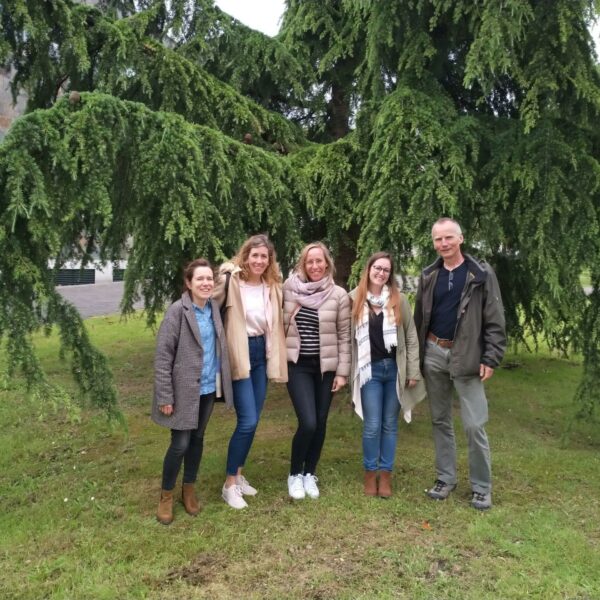Learning4Greens@Schools(L4GS): Learning and Teaching Materials for Greenings at Schools
The project’s aim was to share “green knowledge” with schools internationally by developing didactic materials including practical experiments for Green Cool Schools across Europe: well-prepared, digitally accessible hands-on teaching and learning materials in English, Spanish, Basque, German and “Austrian” language. Due to the cooperation of Germany, Austria and Spain, three different climate- and soil-zones – which are representative for Europe – were addressed in the project. The subject was not just greening as a hobby but greening as a professional contribution to climate change mitigation or adaptation, and to more active citizenship:
- The materials are meant to teach green skills hands-on while making green changes to the places of education by the use of experiments. The aim is to show that change for our planet is possible here and now – and not only elsewhere and in the distant future.
- Essential knowledge on green topics can be developed for school and home (plants, soil, climate, microclimate, supporting the understanding of the environment around us).
To that aim, the following three steps have been taken within the project:
- Multilingual digitally accessible teaching and learning materials were developed that allow pupils from secondary level 1 (aged 10 to 14) and teachers to learn more about soil, greening, climate and microclimate. Practical hands-on experiments accompanying the materials, give pupils and teachers the opportunity to design, plant and maintain their own indoor and outdoor school greenings.
- The applicability of the materials was validated by in-process workshops and surveys with schools.
- Furthermore, a guideline was developed, to contribute to the content of the website. To do this, this guideline primarily addresses teachers, but also decision-makers in the education system or who help shape education as school authorities, multipliers or within the framework of a wide variety of organisations.
Schools and their teachers have participated as partners in the validation process of the material, with their valuable input and experience. The validation process included online workshops, an online survey and testing in classroom settings.

